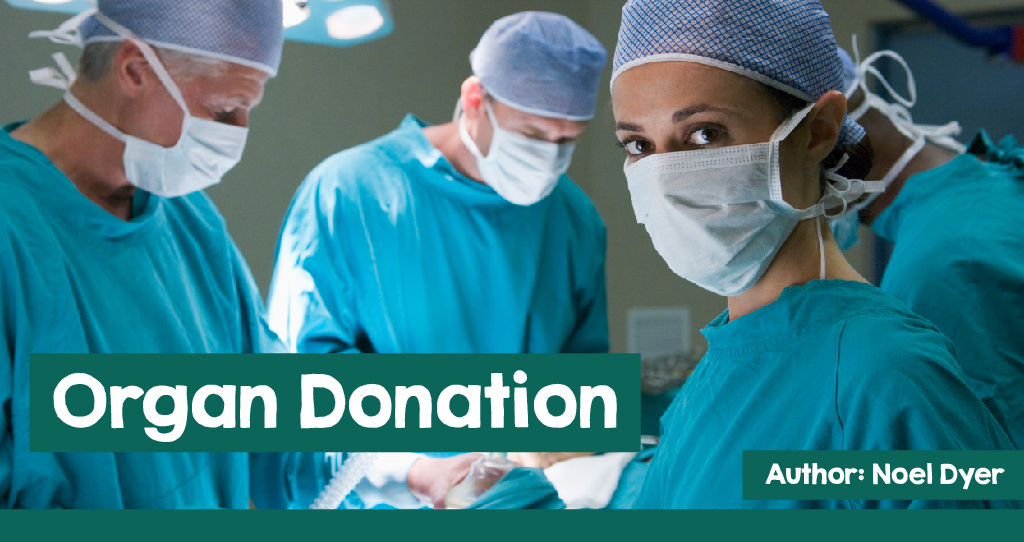|
On 1 December 2015, the law in Wales in relation to organ donation following a death changed. Prior to that date, the people of Wales needed to opt in and declare they wished to donate organs.
Wales was the first part of the United Kingdom to change the system. There are now three options:
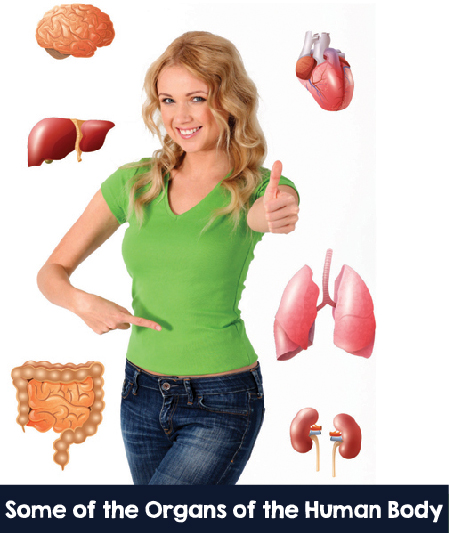
This change was discussed at the National Assembly in Cardiff and a consultation with the people of Wales was undertaken. The purpose of this change is to reduce the number of people in Wales who die due to their waiting for a replacement organ. The most used organs for transplantation are the kidneys, hearts, livers, lungs, pancreas, and small bowel. The Act sets out a legal procedure for how consent to donate organs should be given in Wales. The Act creates two new types of legal consent - express consent where a living person declares intent and presumed consent which applies to deceased persons. Otherwise, a person must declare an objection. |
|
Research has shown that there are more organs available where there is an opt-out system compared to countries that have an opt-in system. One study showed that the rate of organ donation increased by between 13% and 18%. This is true of Austria, Portugal, Belgium and France. One of the most effective countries in terms of securing donors is Spain, where there is an effective procedure in terms of co-ordination between need and donors. In Wales, emphasis was placed on the need for families to talk to ensure that the wishes of family members were known. An advertising campaign was undertaken. Family opposition was often the main factor affecting organ donation rates; therefore, it is hoped that discussions with the family will ensure that everyone's views are clear and positive. Some facts about transplantation are surprising. There are around 400 people waiting for a transplant in Wales. One donor can save as many as 9 lives. The United Kingdom has one of the highest rates of family refusals - this is bound to fall in Wales following the new law. Prior to the change, only 35% of people in Wales were on the donor list. Being old does not mean that organs are of no value. Even if someone has had a health problem, the organs can save a life. Some will fear that organ donation goes against their religion - the reality is that the six major faiths in Wales support organ donation and transplantation (although some leaders and individuals have expressed concern about some aspects of the new law).
Lesley Griffiths, the assembly member for Wrexham, was responsible for leading the Bill through parliament. It was passed with a comfortable majority with the support of National Health Service (NHS) doctors and scientists.
Ms Lesley Griffiths believes:
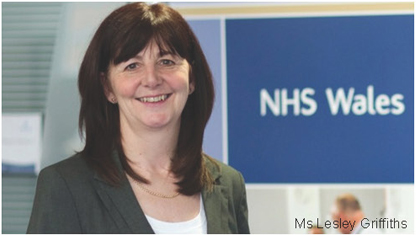
This change is clearly welcomed by most Welsh politicians and according to the Cabinet Secretary for Health, Well-being and Sport, Vaughan Gething, Assembly Member for Cardiff South and Penarth:
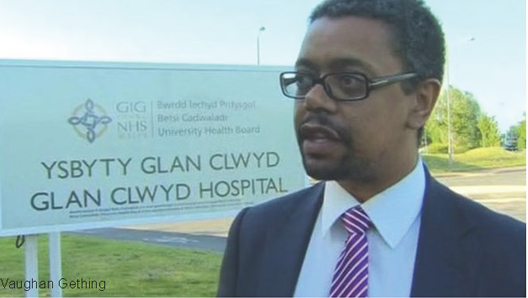
Launch of research fellowship in memory of Rhodri Morgan |
|
Over the years there have been many stories of lives being saved, thanks to organ donation. Many have described this as an act of love. These stories can be found in both English and Welsh on the website www.organdonationwales.org. choose ‘Your Stories’. One man who responded to the demand for organs is the famous singer raised in the Porthmadog area, Rhys Meirion. In 2012, his sister died in an accident. Rhys Meirion said "Weeks before my sister Elen had a fatal accident, she and Gwenllian, my niece, had discussed organ donation. Because of this, my family was able to give permission to donate Elen's organs, as we knew it was what she wanted. We have been able to deal with our tremendous loss, as we know that Elen's wishes have been realised.” According to Gwenllian on the Welsh language programme, 'Fi Gwenllian' on S4C "One message I want everyone to take is to discuss the topic of organ donation. Irrespective of whether you want to, just talk, and know the wishes of everyone in the family.”
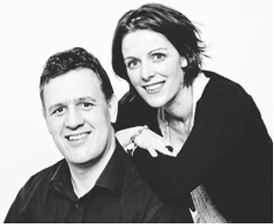
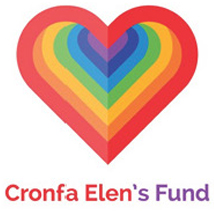
Subsequently, Cronfa Elen’s Fund was founded in order to support everybody in need of an organ transplant and to support the families of those who have donated organs. The hope is that there will be further discussions on attitudes towards organ donation within families. The fund helps in practical ways, including donating money towards equipment and relevant medical resources, education, and training for those dealing with patients and donors and research into issues such as kidney disease. To raise money, The Lap of Wales Challenge was started, the work of which was led by Rhys Meirion, with the assistance of numerous other people throughout Wales.
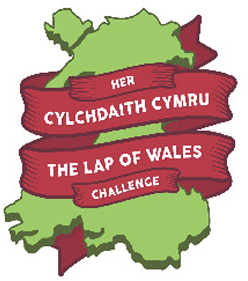
A journey through Wales by air, on sea and road and over mountains was organised during 2015. The journey started in Ysbyty Glan Clwyd, Bodelwyddan and then took a circular route, finishing in Llangollen.
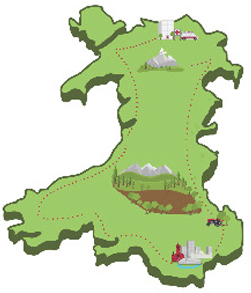
Others pushed beds around Treborth, Bangor, before crossing the Menai Suspension bridge, went on a train journey from Porthmadog to Blaenau Ffestiniog and cycled from Bangor to Caernarfon and from Bodelwyddan to Caernarfon. Numerous activities were organized throughout Wales to raise money along the way. This included an opening concert in Rhyl and further concerts at Galeri, Caernarfon, Tynrhyd near Devil's Bridge, Crymych and Carmarthen. A significant amount of money was raised but the main aim, repeatedly emphasised by Rhys Meirion and others, was the need to stimulate a ’national discussion’ on organ donation. |


